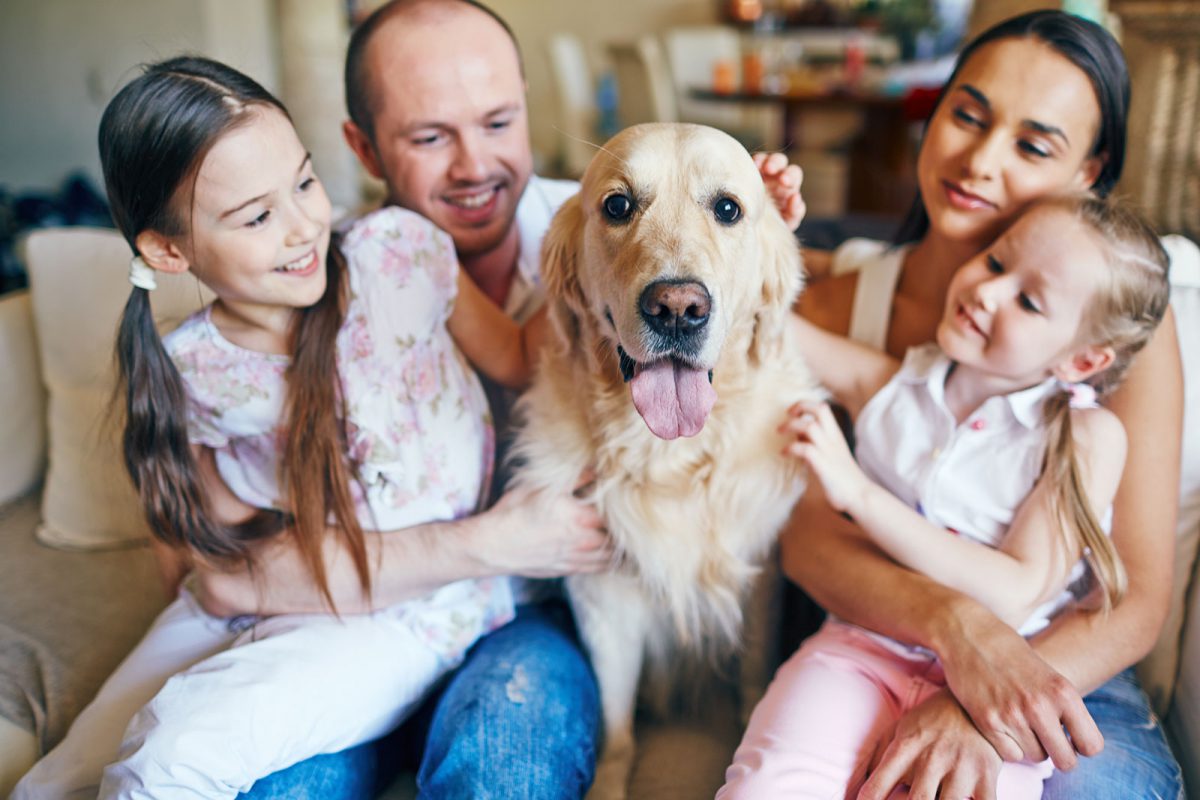My dog hates fireworks – I’m dreading fireworks season
If you know your pet hates loud, high pitched or sudden noises, it’s likely they will struggle to cope with the firework season.
Speak to us well in advance as we will be able prescribe calming medication that might help your dog if they really struggle over the period.
It’s worth considering sound therapy, which slowly desensitizes your pet to the zips, whizzes and bangs of fireworks.
Ask Cara about this, Ideally any training will start three to six months in advance of the firework season.
however with firework season fast approaching here are some useful hints and tips for helping your pets.
How to keep your dog happy during fireworks
It’s a good idea to time walks earlier in the day before the fireworks start. Keeping your dog on-lead is best if you do find yourself walking later in the day.
Always keep your dog indoors when fireworks are being let off.
Switching the TV or radio on might help to muffle the sound, but make sure it’s not too loud and don’t try this if your dog isn’t used to noises from the television.
Close the curtains to black out the flashing lights from outside.
Dogs are likely to drink more when they are worried, so fill their water bowl up to the brim.
Speak to us about Adaptil products, which contain ‘dog appeasing pheromone’ – these may help promote a feeling of calm for your dog.
Make sure your dog is microchipped and your information is up to date so your dog can be returned to you if they are spooked by fireworks and run off. By law your dog should be wearing an ID tag with the owner’s name and address displayed when they are in a public place, too. If your phone number is easily readable you will have a better chance of being reunited quickly.
Don’t tie your dog up outside while fireworks are being let off, ie outside a shop while you pop inside, or leave him in the garden or alone in the car.
It’s never a good idea to take your dog to a fireworks display, and indoor fireworks aren’t dog-friendly either. Even if they don’t whimper at the noise, it doesn’t mean they are happy. Panting and yawning are both signs that indicate your dog is stressed.
What to do if your dog is stressed by fireworks
Dogs show they are stressed or anxious in lots of ways, including panting excessively, drooling, shaking, yawning, and putting their tail between their legs.
Let your worried dog pace around, whine and hide in a corner if he wants to. Once they have found a safe space try not to disturb them.
Dogs may like to hide in a den where they can feel safe and comfortable when loud noises are all around. This could be under your bed or behind the sofa.
Placing some of your clothes there might help to keep your pet calm.
Although it’s difficult when it’s obvious your pet is stressed, try not to let your dog know you are worried as it may make the problem worse. Stay calm, act normally and give lots of praise for calm behavior. It’s okay to cuddle and stroke your pet if it helps them relax, but if they prefer to hide under your bed, then let them do this instead.
It goes without saying that you should never shout at your pet. If you have to leave your house during firework season and come home to find your dog has been destructive or toileted, don’t get angry with them. Reprimanding them won’t help and will also make your dog more stressed.
Cats
While we tend to focus on dogs getting upset by fireworks lets not forget our feline friends. Cats are show they are stressed or upset in slight more subtle ways, they may hide, go off their food, over groom themselves or show no real signs at all. Make sure your cats are indoors, if they are outdoor cats bringing them indoors may upset them further so providing a shed or garage may be better to lock them in until the fireworks finish. Cats like to sit high up and have something with sides or enclosed to snuggle up in. Igloo style beds on tables or shelves will make your cat feel happier than a blanket on the floor. Feliway is a good product to try, either plug in if indoors or a spray in an outdoor shed or garage.
If you would like more information or to speak to one of the nurse on products that can help your pets alongside the tips above please get in touch. We can even come out and help you make a suitable den for your pet.


